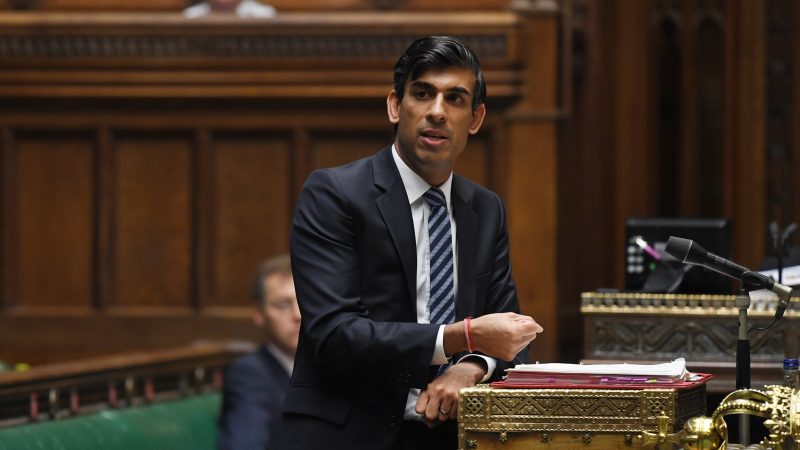
Has the shine well and truly come off Rishi Sunak? The Independent revealed last night that his wife Akshata Murthy – daughter of Indian IT billionaire Narayana Murthy – claims non-domicile status in the UK and has continued to do so during her husband’s time as Chancellor. This could have saved Murthy millions of pounds in tax over several years. A spokesperson for Murthy highlighted that she is a citizen of India and that India does not allow citizens to hold the citizenship of another country simultaneously: “So, according to British law, Ms Murty is treated as non-domiciled for UK tax purposes.” Experts point out that this defence is misleading. UK tax law does not treat Murthy as non-domiciled: she will have chosen to claim non-dom status and agreed to pay a modest fee to do so. Murthy’s Indian citizenship is also irrelevant, as citizenship has no impact on domicile. Regardless of the legalities of the situation, it is morally reprehensible that Sunak’s wife is exploiting loopholes to avoid paying tax at the exact same time the Chancellor is raising the tax burden on the British public to the highest level in decades.
This story is just the latest in a series of damaging headlines for the Chancellor. Earlier this week, it emerged that he and his wife have donated more than £100,000 to his old private school, Winchester College, where annual fees top £43,000 per pupil. This followed swiftly on the heels of Sunak’s request for the Royal Mint create a non-fungible token, or NFT, in a bid to make the UK a “global cryptoasset hub”. The move was met with widespread ridicule. The fallout from the Spring Statement – which saw the Chancellor strongly criticised by even the most loyal sections of the right-wing press – is when Sunak’s star began to fall in earnest in the eyes of the public. But from a political perspective, the wheels have been coming off far longer. Sunak failed to capitalise on ‘partygate’ and establish himself once and for all as Prime Minister-in-waiting. He missed his chance to directly challenge Boris Johnson when he was at his lowest ebb – and such an opportunity may not come round again.
In other news, the government released its long-awaited energy strategy today. Nuclear energy is a key focus of the plan, with up to eight new reactors set to be delivered. The strategy also lays out plans to increase offshore wind, hydrogen and solar production. Appearing on BBC Radio 4’s Today programme this morning, Ed Miliband said the “gaping hole” at the centre of the plan is that it will do “nothing” this decade “to help people with energy bills or with the energy security situation”. The Shadow Climate Change and Net Zero Secretary blamed this on the government’s rejection of renewable power sources including onshore wind, something he argued had been dropped from the government’s plans “not because of the national interest, but because some Tory backbenchers said they didn’t want it to happen”. The Guardian reported that rows over the plan between different government departments continued up until yesterday evening, with one source describing discussions as “chaos”.
On LabourList today, we have a piece from Co-operative Party general secretary Joe Fortune on the need for community ownership of UK renewable energy projects. We also cover the news that an election notice listed a councillor facing complaints of Islamophobia as a Labour candidate. Do also check out our explainer on why Channel 4 is being privatised and how the move may impact the television production sector.
Sign up to LabourList’s morning email for everything Labour, every weekday morning.



More from LabourList
Turning the page? Labour’s recovery in the polls show a path to 2029 victory
Restoration announce recommendations for NEC candidates
‘Factionalism at the top is weakening Labour – and handing a gift to Reform’